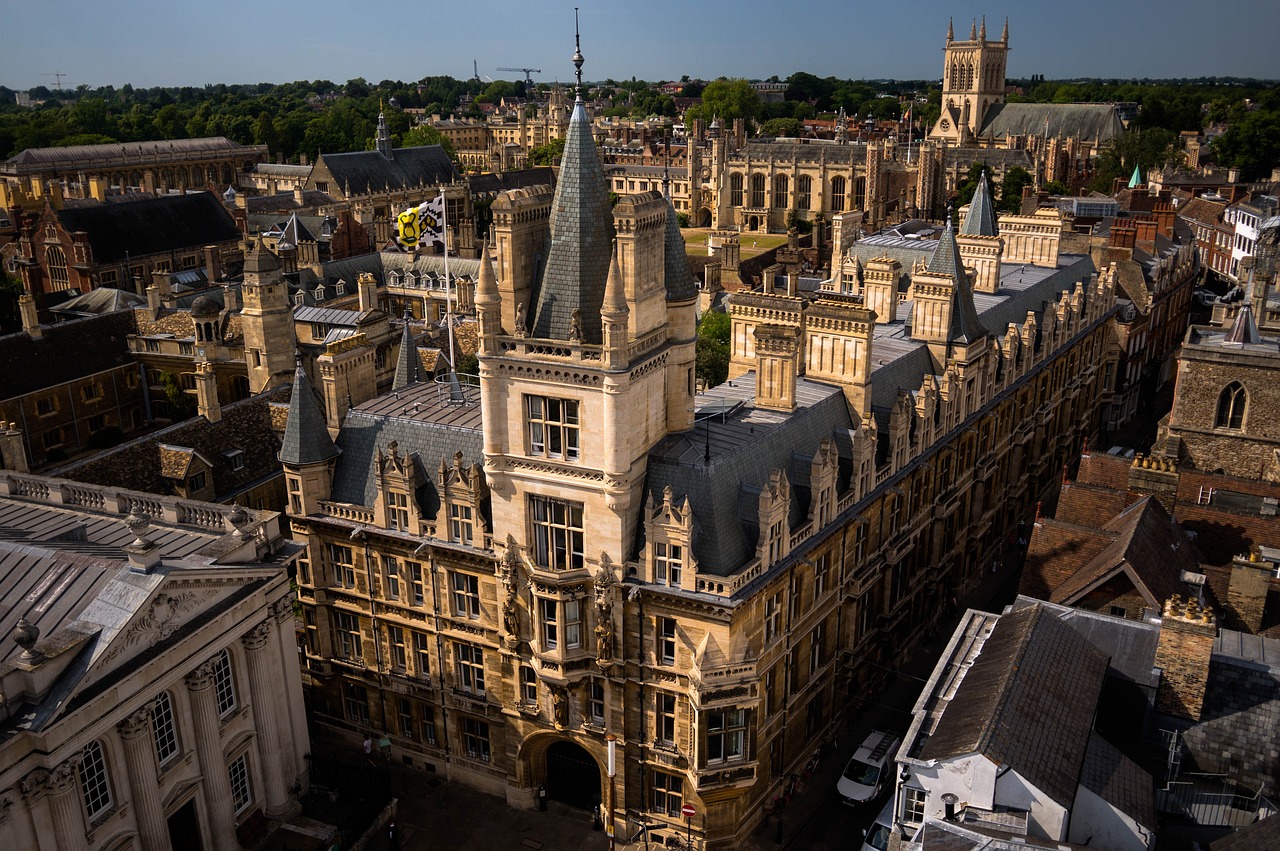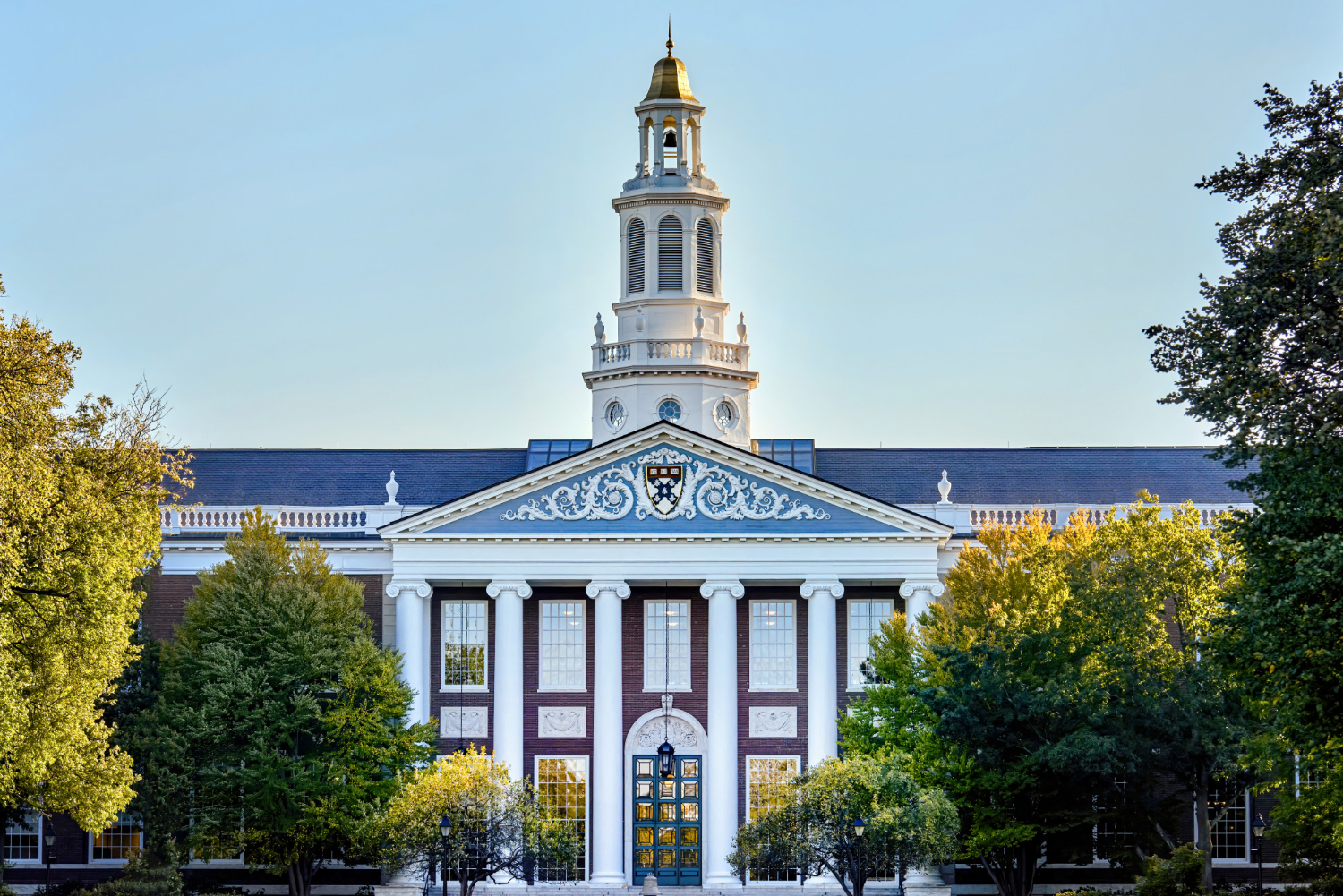
Engines of Prosperity: The Impact of Universities on Local Economies
- Last Updated - 04/14/2024 - 11:54 AM
- Universities

Universities aren’t just places of education and research, they are also a powerful engine for development and economic growth within their communities. Through their work in research, education, and innovation, as well as entrepreneurship universities boost economic activity, generate employment, encourage investment, and help to create ecosystems of innovation that boost regional prosperity. The impact of local economies on the university campus is far beyond the borders of the campus creating the socioeconomic environment while contributing to the general health as well as resilience of the communities. Come along as we look at the multiple impacts of universities on local economies, and the role they play in generating economic growth and prosperity in the region.

1. Economic Contribution
Universities are a major contributor to local economies by direct expenditure on salaries products, services, and goods and indirect and induced impacts triggered through university-related activities. They are major employers, bringing on faculty staff, students, and other support personnel, and offering secure, high-paying positions which stimulate spending by consumers and aid local businesses. In addition, universities draw students, faculty as well as visitors from outside of the region, which generates income for local businesses in industries like retail, hospitality, and entertainment.
2. Entrepreneurship and Innovation
Universities act as engines for innovation and entrepreneurship. They are the driving force behind technological advancements, creating startup ecosystems and catalyzing industries that have clusters of innovation within their regions. With research-and-development and technology transfer initiatives and collaboration with industry, they generate new technologies, knowledge along intellectual property, that help drive economic growth and increase competitiveness. Start-ups and spinoff businesses founded by students, faculty, and alumni help contribute to employment creation as well as wealth creation and diversification of industries, encouraging an environment of innovation and entrepreneurial spirit.
3. Workforce Development
Universities play a crucial role in developing the workforce by offering education as well as training and development opportunities that match the demands of local employers and industries. They provide a wide range of academic and professional training, and vocational training courses that provide students with the information abilities, skills, and credentials necessary to be successful in the competitive world of work. Furthermore, universities work with companies, industry associations, and government agencies to develop courses, conduct internships, and aid in the process of job-seeking, creating the availability of a highly skilled and flexible workforce that boosts economic productivity and competitiveness.
4. Community Engagement and Social Impact
Universities are integrally rooted in their communities, and are a major contributor to cultural enrichment, social cohesion, and well-being of the community. They provide a variety of cultural programs, outreach programs as well as public services that increase the quality of life, foster civic engagement, and address the community’s demands. Universities collaborate with local governments as well as non-profit organizations and community groups to address pressing social problems like homelessness, poverty, healthcare gaps, and environmental sustainability encouraging a sense of accountability and action.
5. Real Estate Development and Urban Renewal
Universities are frequently seen as anchor institutions driving the development of residential and commercial properties as well as urban regeneration in the communities they host. They invest in infrastructure facilities, amenities, and facilities that draw students, faculty, and guests and help create lively, liveable communities. In addition, universities participate in public-private partnerships, mixed-use developments, and revitalization initiatives that transform abandoned areas into vibrant research parks, innovation districts, and cultural hubs, helping to boost economic growth and urban redevelopment.
Conclusion
Universities can be powerful catalysts for economic development and growth in driving the development of entrepreneurship, innovation as well as community engagement, development of the workforce, and urban revitalization within their local economies. As the engines of prosperity they are able to create a cycle of innovation, investment, and opportunities that benefit both businesses and communities as well. Through the use of the power of their intellect, human resources, as well as institutional connections, they are able to facilitate inclusive and sustainable economic growth that improves the well-being and resilience that local economies will have for the foreseeable future.
You might like these..
Randomly chosen articles that you might like.

Top 10 Universities in USA 2024
Choosing the right university is a critical decision that can shape your future. To help you navigate your options, we’ve

Balancing Act: Navigating the Impact of Free Speech and Cancel Culture on University Campuses
The campuses of universities have been regarded as a bastion of freedom of speech, inquiry, and free dialogue. But in recent

Revolutionizing Education: The Rise of Online Learning Platforms and MOOCs
In the last few times, the world of higher learning has changed due to the rise in online education platforms

Bridging Past and Present: The Vital Role of Alumni Networks in Supporting University Success
Alumni networks are vital sources of life for universities, connecting alumni with faculty and students to build an atmosphere of

Bridging Tomorrow’s Workforce: Universities Address the Skills Gap in Anticipation of the Future of Work
Technological advancements and economic shifts transform sectors and reshape job roles and the new work environment is characterized by rapid

Igniting Change: Exploring the History and Impact of Student Activism on US Campuses
In the past, US campuses have served as the epicenters for changes in the political and social spheres which has

Unveiling Hidden Gems: Exploring Lesser-Known but High-Quality US Universities
While the prestigious Ivy League institutions and flagship state universities typically dominate attention, however, the broader landscape is full of

From Classroom to Courtroom: Navigating the Legal Landscape of US Universities
US universities are not just institutions of learning and research but they are also legal entities that are subject to

University Canada West (UCW) – Rankings, Fees, Courses
University Canada West (UCW) is a distinct institution in the Canadian higher education scene recognized for its dedication to provide

Best Data Science Course Online in India 2024
Introduction: Data is now the currency of innovation and progress in the age of digitization. A record of every transaction, click,

Cultivating Change: The Vital Role of Universities in Promoting Sustainability and Environmental Consciousness
Universities play an integral role in shaping the beliefs behavior, values, and behaviors of the next generation. In an age of

Choosing the Best University in USA: A Guide to Select the Top USA Universities.
Choosing the best University in USA is a crucial choice that will have a big impact on your educational journey

The Pinnacle of Education: Why USA Universities Stand Out Globally!
In the vast landscape of higher education, USA universities emerge as beacons of excellence, attracting students from every corner of

Best Universities in USA, You can apply. Yes, it’s correct.
Determining the Best Universities in USA can depend on various factors such as academic programs, faculty expertise, resources, location, and

USA Universities are great in terms of Sports as well as education. Yes, You heard it right!
The perception that USA Universities are great in terms of education and sports is shaped by several factors. Here are

Anyone from India can apply to USA Universities. Yah! It’s easy.
Yes, individuals from India can certainly apply to USA Universities. The application process for U.S. universities can be competitive and




